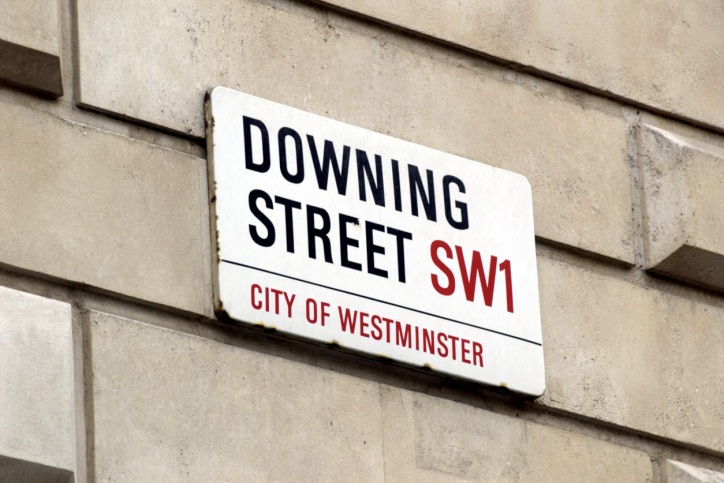Budget 2020: why neighbours should be there for one another
Have there ever been two addresses with such a history of spats between their occupants as number 10 and…
4th March 2020 16:20
Have there ever been two addresses with such a history of spats between their occupants as number 10 and number 11 Downing Street?

In the Eighties, it was Margaret Thatcher sparring with Nigel Lawson, throughout the Noughties Tony Blair with Gordon Brown – and until last month Boris Johnson with Sajid Javid.
But while you or I might fall out with our neighbours over loud music or fence maintenance, this lot battle it out over control of the economy and the nation’s coffers.
The latest tussle – between Prime Minister Boris Johnson and former Chancellor Sajid Javid – has meant the latter had to move out before he had given his first Budget statement.
Now newcomer Rishi Sunak is moving in with just days to go before he has to give his first Budget announcement on 11 March. Talk about being thrown in the deep end.
As usual with this recurring neighbourly feud, it comes with a whole lot of noise. There are commentators analysing the dynamics between the Prime Minister’s office and the Treasury. There are ministers taking sides and vying for power. There are tweets, leaders, news reports – and even, in this case, analysis of what Javid meant when he wished the PM a happy Valentine’s day the day after he handed in his notice.
The danger is that all this noise drowns out what is important or that we are tempted to tune out the whole thing because it is so clogged up with politics and people and power and nonsense.
But that would be a shame. Because what is in the Chancellor’s Budget on 11 March could affect all of our lives. Not just in a general sense, but in very practical ways.
It could affect where we can afford to go on holiday, the length of our commutes, the value of our homes, even the quality of the air we breathe. So it is worth paying attention to.
One prediction is that the new Chancellor will cut pension tax relief. This could result in tens of thousands of pounds less to spend in retirement for some people. That will make a material difference to where they holiday, do their grocery shopping and how they spend their leisure time.
Some changes take a while to make a difference, while others are immediate. For example, should the Chancellor make changes to certain levies, the amount we pay for a pint, a litre of petrol or a packet of cigarettes will change that evening.
And there are bigger issues at stake than all of this. The Chancellor’s speech could quite literally affect the air we breathe. I will be watching to see if he commits to investing in a low carbon economy, whether there are subsidies for electric cars and if funds can be found for new roads and runways or for cycle paths and public transport. This Budget will likely set the tone for how the Government plans to deal with one of the greatest issues we have ever faced – climate change.
Whether the Chancellor decides to turn on the money taps again or draw out the austerity measures of the previous government will also be revealed. Will he rein in spending for the sake of balancing the books or take advantage of cheap money and spend to grow the economy?
There is a lot resting on his shoulders – not to mention keeping the peace with his new neighbour.
On 11 March, we will be keeping you updated with what is in the Budget and what it could mean for you. Check in at Moneywise.co.uk or look out for our special budget newsletter.
Email editor@moneywise.co.uk
Twitter @rachel_spike
Post The editor, Moneywise, 8 Devonshire Square, Office 03W112, London EC2M 4PL
This article was originally published in our sister magazine Moneywise, which ceased publication in August 2020.
These articles are provided for information purposes only. Occasionally, an opinion about whether to buy or sell a specific investment may be provided by third parties. The content is not intended to be a personal recommendation to buy or sell any financial instrument or product, or to adopt any investment strategy as it is not provided based on an assessment of your investing knowledge and experience, your financial situation or your investment objectives. The value of your investments, and the income derived from them, may go down as well as up. You may not get back all the money that you invest. The investments referred to in this article may not be suitable for all investors, and if in doubt, an investor should seek advice from a qualified investment adviser.
Full performance can be found on the company or index summary page on the interactive investor website. Simply click on the company's or index name highlighted in the article.